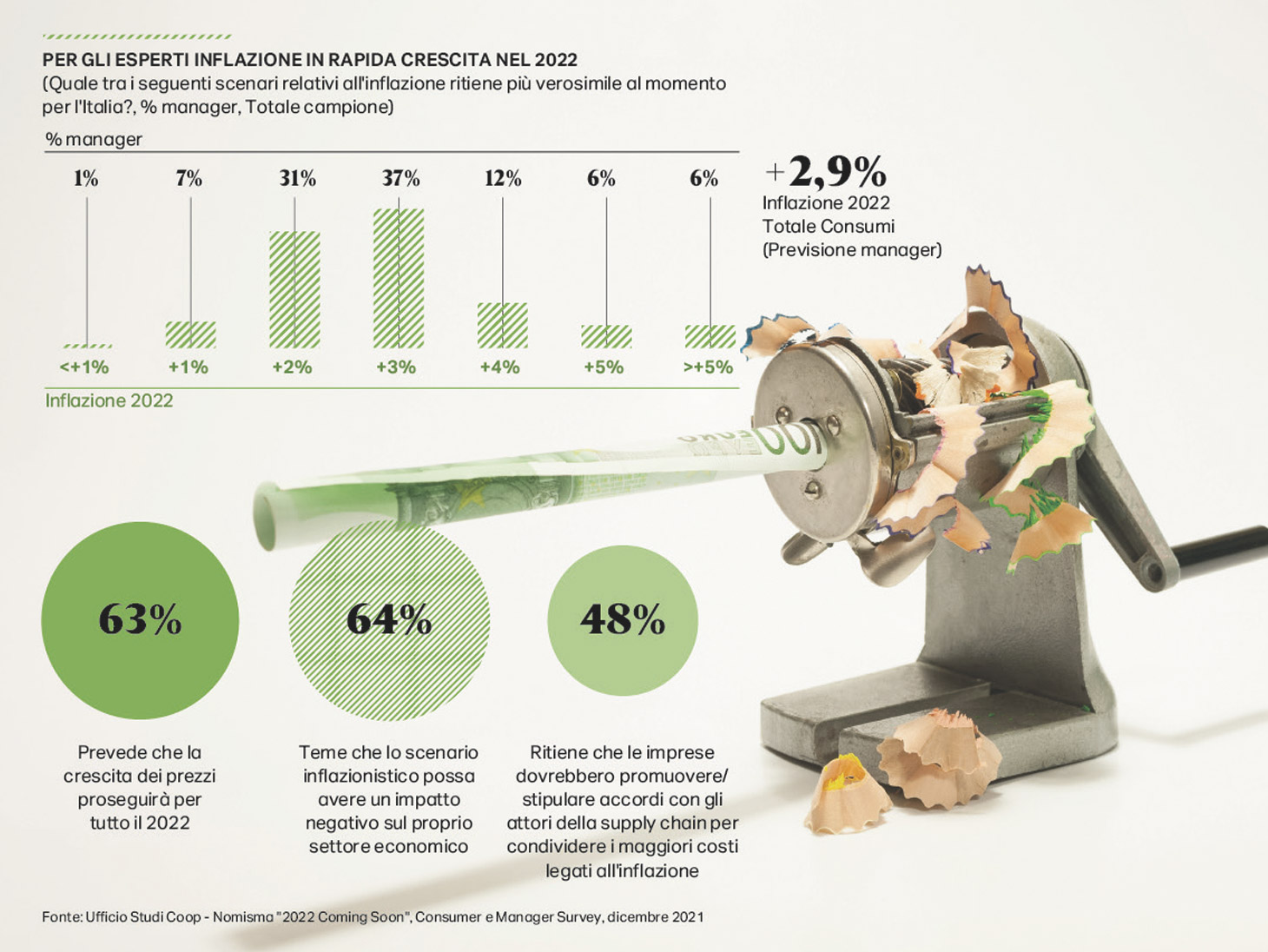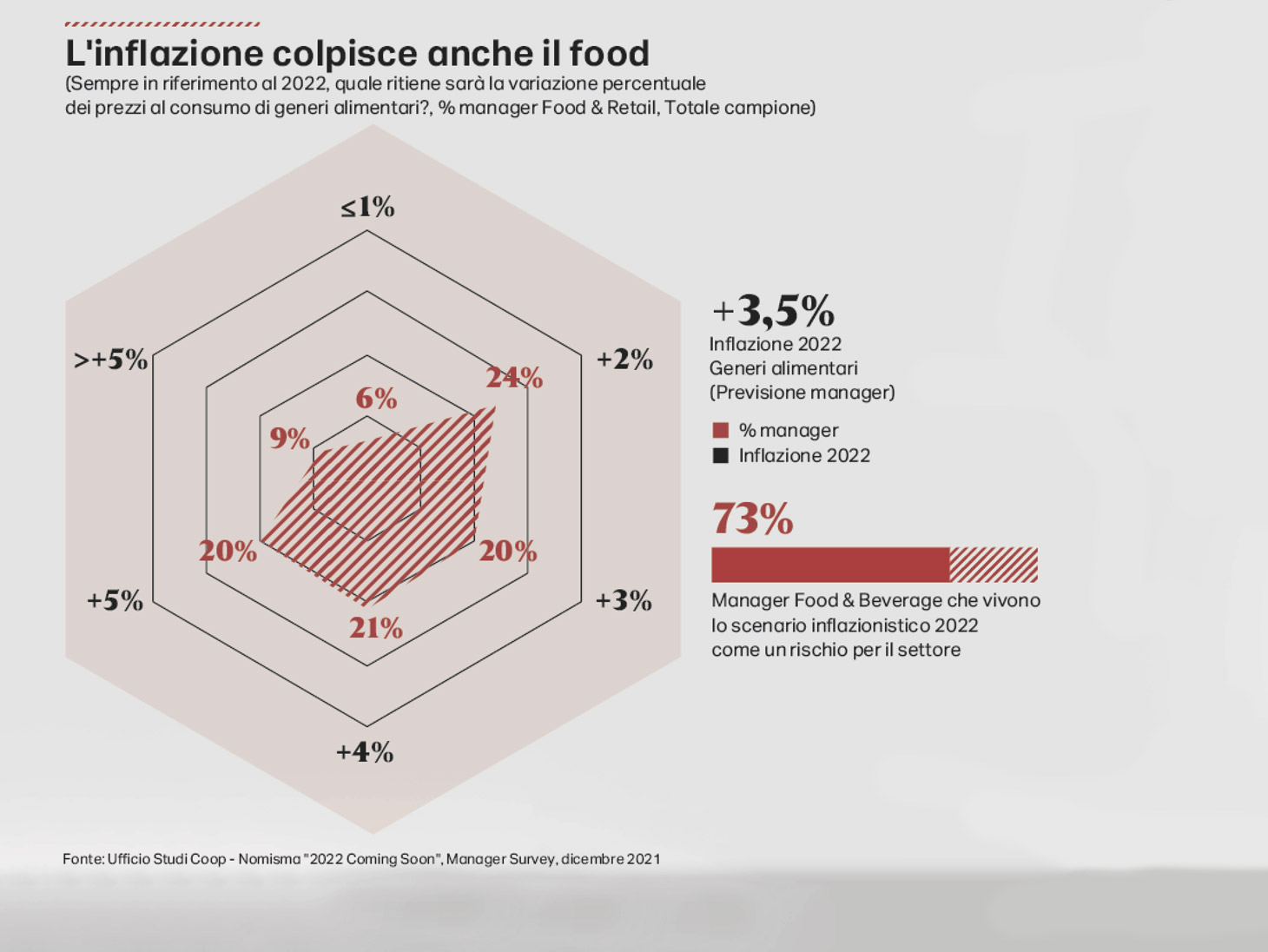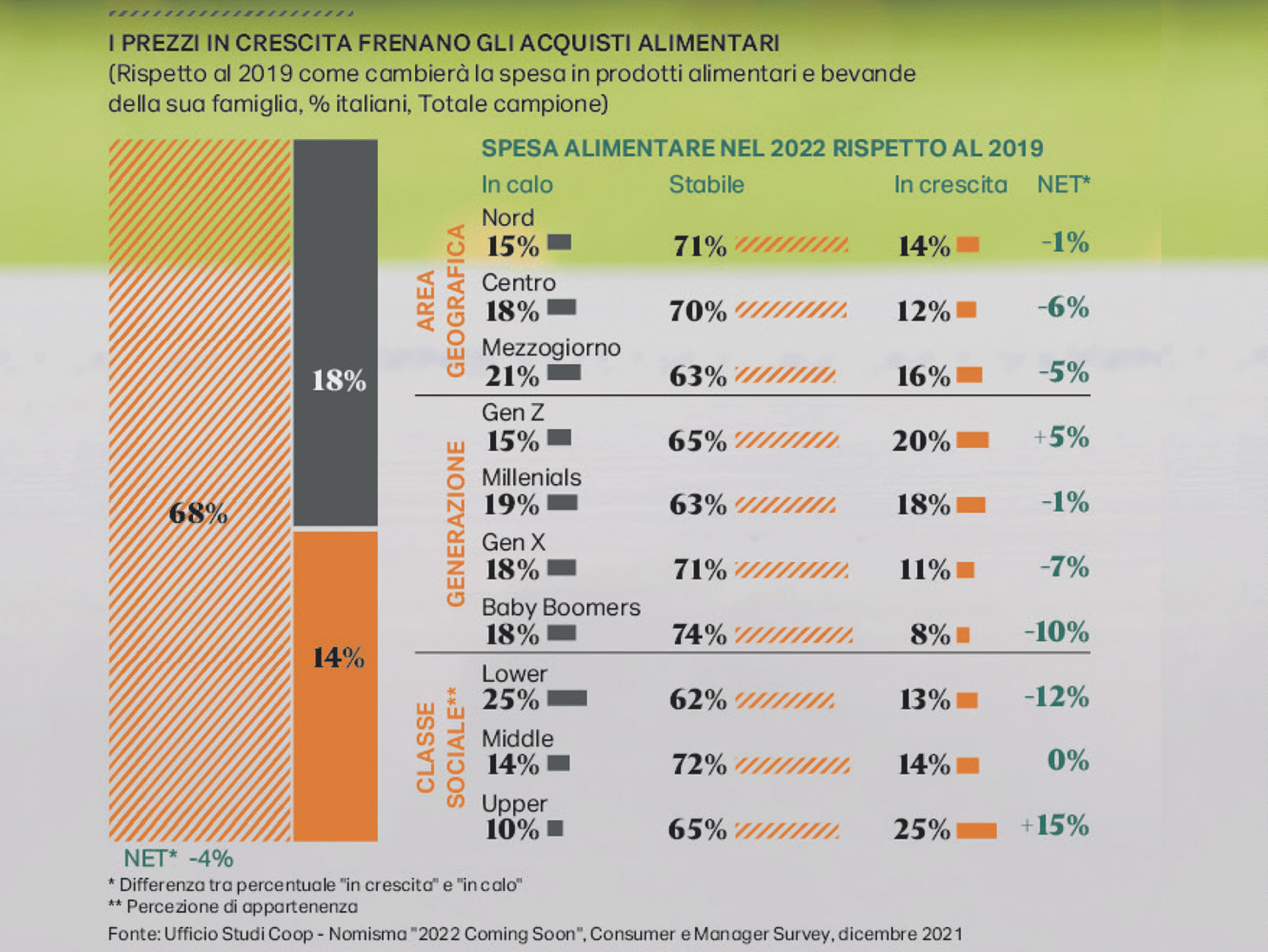Price increases: from production difficulties to rising energy costs. Some unfavourable circumstances that require awareness
⏱ 3 MINUTES READING
While last summer we were all relieved after coming out of the umpteenth pandemic wave and having returned to a more than satisfactory pace of work, a great reshuffling of cards began at a global economic level.
The balance of trade between continents, in particular on the America-Europe and Asia-Europe lines, was in question and was being redefined after a year of almost permanent lockdown.
Of course the conflict in Ukraine gave the coup de grace, but I assure you that these price increases (because that's what we're talking about), this growth in inflation, this difficulty in supplying certain industries would have arrived anyway.
THE DOMINO EFFECT OF LOCKDOWN
As I said, during the first two lockdowns, the most restrictive, some production chains proved to be fragile, because they were dependent on raw materials or semi-finished products that came from distant countries, often at an intercontinental distance.
Due to production stops, poor or lack of air or sea connections, supplies did not arrive for months and the companies were unable to produce even at the time of reopening, also because they were unable to find alternative sources.
And in a time of scarcity, what does whoever has the availability of a raw material do? They increase the price. And what happens when there are fewer air and sea connections? Transport on these carriers will cost more.
The first wave of increases in the last quarter of 2021 was largely the result of these tensions on the price lists. Increases occurred on materials, in particular plastic, paper and glass for packaging, and on products of intercontinental origin (swordfish, octopus, tuna, meats of American or South American origin such as Black Angus or Zebu).
Furthermore, some stocks were reducing or running out considerably after the summer demand boom and, again, when demand exceeds supply, the value of the little available product generally increases (Parmigiano Reggiano, Prosciutto di Parma, Pecorino Romano and the like).
Moreover some supply chains began to redefine themselves, they tried to free themselves from distant sources in favour of perhaps more expensive, but more certain and closer sources. I'm referring to the case of beef and derivatives such as bresaola and carpaccio: the difficulty in processing American or South American meats led to considering European and Italian raw materials with greater interest.
The fact is that the Italian supply chain is not ready to absorb all the demand that has arrived, it would need at least 3/4 years to rebalance. Now we are in the midst of the shock, there is no product and the small amount of products remaining have prices never seen before.
"L'inflazione minaccia la spesa degli italiani - Inflation threatens Italian spending" - Source: Coop 2021 Report
SKYROCKETING ENERGY PRICES
At the end of 2021 and the beginning of 2022 the increases in energy bills and in fuel arrived. There's no need to dwell on it because it's today's history. All production activities are suffering a significant impact on energy costs, on which there is no certainty of return to normality in a short time. Between January and March almost all producers sent increases, even those who in September/ October had already sent a new price list for different reasons.
"Inflazione alimentare. E' vera emergenza - Food inflation. It is a real emergency" - Source: Coop 2021 Report
"Consumi alimentari fermi - Staady food consumption" - Source: Coop 2021 Report
CONSCIOUS ACTIONS
What we are trying to do in Valsana is, above all, to dialogue with the producers and to make our customers aware of the market situation, to talk about it, to understand it and not just suffer it. We are also trying, as far as possible, to shore up our selection, inserting alternatives to those products whose supply chains are fragile and whose availability is often questionable.
The guanciale you'll find here is the result of this research. It's an Umbrian product to be used in the first courses that we all know.
This moment in the market is certainly delicate and almost unprecedented; the important thing is to be aware of it and above all not to have a passive attitude. I'm sure that with resourcefulness, confidence and a bit of healthy optimism we will come out of it once again.
Alessandro De Conto
Sales Director



